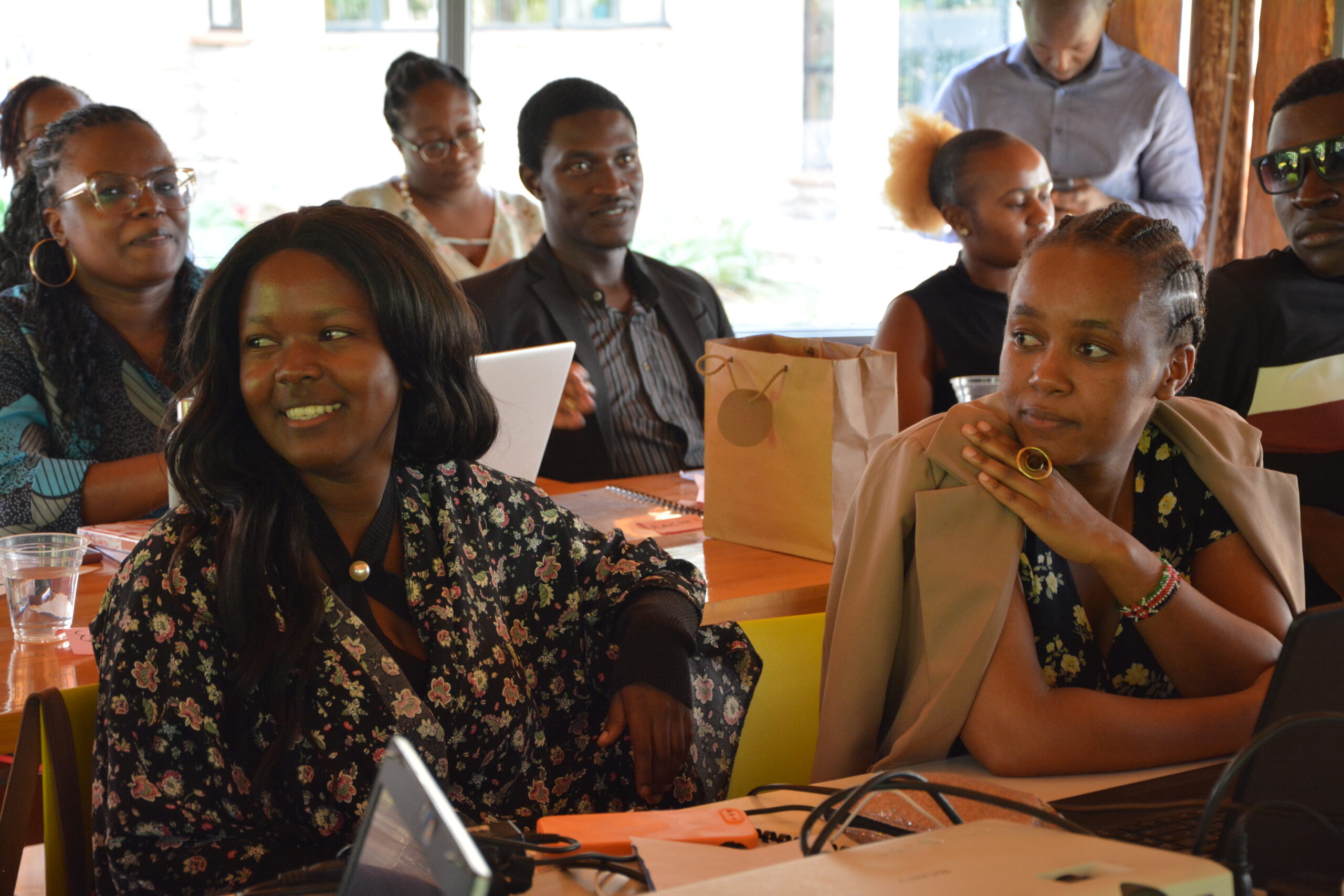
Sorting fact from fiction can be an uphill task in today’s digital era, when disinformation and hate speech are frequently created and transmitted through online channels. Where media and information literacy (MIL) and digital skills are wanting, the effects of such potentially harmful content online can lead to serious consequences offline, including violence.
Fact-checking is a useful skill that enables one to identify and address false information that may be manipulated and disseminated in malice or mischief through digital platforms. Recognising this, UNESCO and the continent’s leading fact-checking organisation, Africa Check, organised a two-day training to equip regulators, media professionals, peace builders, and representatives from civil society organisations and academia with advanced fact-checking and digital verification skills to identify and address disinformation and hate speech online.

Held from 29 to 30 November 2023, the training is part of a series of interventions aimed at strengthening the National Coalition on Freedom of Expression and Content Moderation in Kenya (FECoMo), formed under the UNESCO Social Media 4 Peace project in Kenya. Established in March 2023, the new Coalition aims to strengthen cross-sectoral partnerships and provide a platform for structured dialogue with digital platforms to advance the localisation of content moderation in shaping a safe and empowering online environment in Kenya.
Over the two days, participants were introduced to a series of techniques and tools to identify disinformation online, including advanced search operators, InVID video verification tools, and geolocation.
“By the second day, we were full of knowledge as far as fact-checking is concerned. Some of us came without the knowledge and the skills, but we are now able to return to our various institutions to show our colleagues how to apply what we have learned here.”
— Professor Charles Nyambuga, Maseno University
The training is the second one co-organised by UNESCO and Africa Check, and builds on existing foundations to strengthen capacities of national regulators, actors, and civil society organisations to promote a healthy digital ecosystem and curation of positive peace-building narratives online.
It also complements the Build Peace Conference scheduled for 1 to 3 December in Nairobi, organised by Build Up and supported by UNESCO. The annual conference brings together interdisciplinary voices from around the world to explore emergent challenges to peace in a digital era, and peacebuilding innovations to address these challenges.
“For the second year running, Africa Check is proud and excited to offer this advanced experiential course to this useful coalition, which brings together government, civil society, media and academia. We are keen to turn all these participants into active and competent fact-checkers.”
— Alphonce Shiundu, Country Editor of Africa Check in Kenya
UNESCOs ‘Social Media 4 Peace’ project funded by the EU seeks to strengthen the resilience of civil society to potentially harmful content spread online, while protecting freedom of expression and contributing to the promotion of peace through digital technologies.
The proliferation of harmful content on digital platforms has led to erosion of public trust in news. This impacts livelihoods and democracies. We are glad that members of the Coalition have benefited from practical fact checking training by Africa Check, as acquiring these skills is part of a global response to addressing disinformation and hate speech on digital platforms.
— John Okande, Programme Officer, UNESCO Regional Office for Eastern Africa
